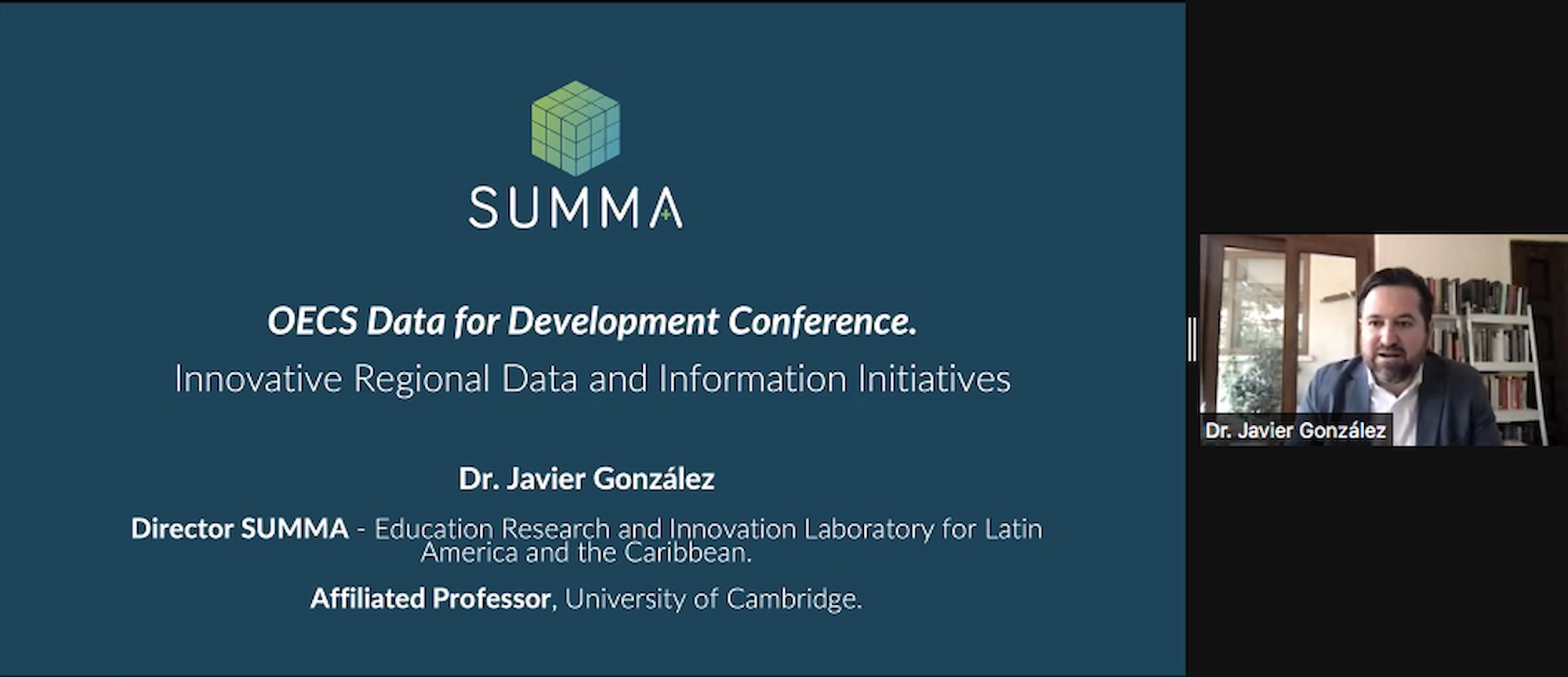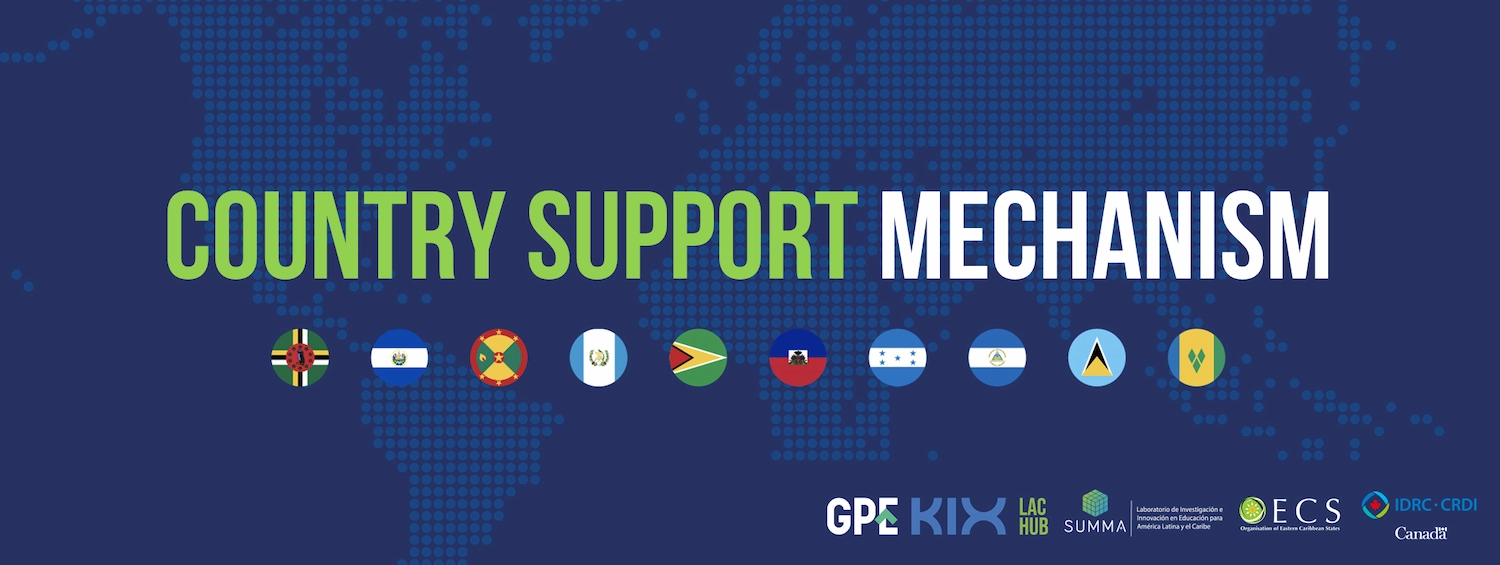Policy Paper N°3: Challenges of teacher training: promoting pedagogy with a gender equality perspective in Central America and the Caribbean.
25 de October de 2022

Share
⬇️ Download Policy Paper 3: Challenges of teacher training: promoting pedagogy with a gender equality perspective in Central America and the Caribbean
This working document was prepared within the framework of the Community of Practice on Gender Equality Perspective in Public Education. which was developed between August 2022 and February 2023 under the coordination of the Knowledge and Innovation Exchange Center for Latin America and the Caribbean (KIX LAC).
Communities of practice can be understood as groups of people who share an interest in something they do and interact regularly in order to learn how to do it better (Wenger, 2015), thus accounting for an understanding of learning as an inherently social process, which is built in interaction and cannot be detached from context. The purpose of convening this community of practice was to generate a space that would allow the exchange of experiences and knowledge among its members regarding gender issues in education, based on the challenges faced by the countries in this area. This document is based on a review of pertinent bibliography, as well as the collaboration of members of the community of practice who shared experiences of teacher training in their territories and recommendations for a pedagogy with a gender perspective.
Initially, the document addresses the problem of gender gaps, inequalities and violence in the education systems of Latin America and the Caribbean, highlighting the role of teachers as mediators in addressing these issues. Gender disparities in access to and permanence in the educational system, gender biases in the curriculum, inequalities and teachers’ attitudes towards boys, girls, adolescents and sexual dissidence are some of the areas in which these inequalities and gender violence are reproduced in the educational systems of the region.
Secondly, some background information is presented and public policy is analyzed, reflecting on the articulation between the space where knowledge is generated and shared, the classroom and the teacher, emphasizing that the school and the school environment are privileged places for teaching and learning processes, and that teachers play a key role in the regulation of these spaces. The importance of teacher training with a gender perspective is also discussed, presenting some strategies that could contribute to this perspective, such as critical reflection on teaching practices, the inclusion of contents and methodologies with a gender perspective in the curriculum, and the promotion of inclusive and non-discriminatory pedagogical practices in the school environment and in peer relations. Subsequently, some teacher training initiatives with a gender perspective are identified in the countries belonging to KIX LAC: Dominica, El Salvador, Grenada, Guatemala, Guyana, Haiti, Honduras, Nicaragua, St. Vincent and the Grenadines and St. Lucia.
There is a need for regulatory frameworks in the region that promote the inclusion of the gender perspective in education and provide for teacher training in this area. Finally, conclusions are presented and some recommendations are shared, pointing out the need for policies and strategies that promote teacher training in gender perspective, as well as the importance of this training being comprehensive and transversal. It is also recommended the implementation of programs and projects that promote gender equality in education and the need to have educational resources and materials that adequately address this issue. Finally, the importance of involving the entire educational community in the construction of more inclusive and equitable educational systems is emphasized.























































































































